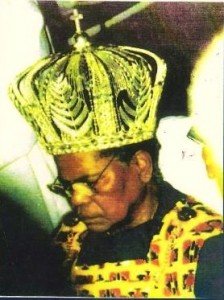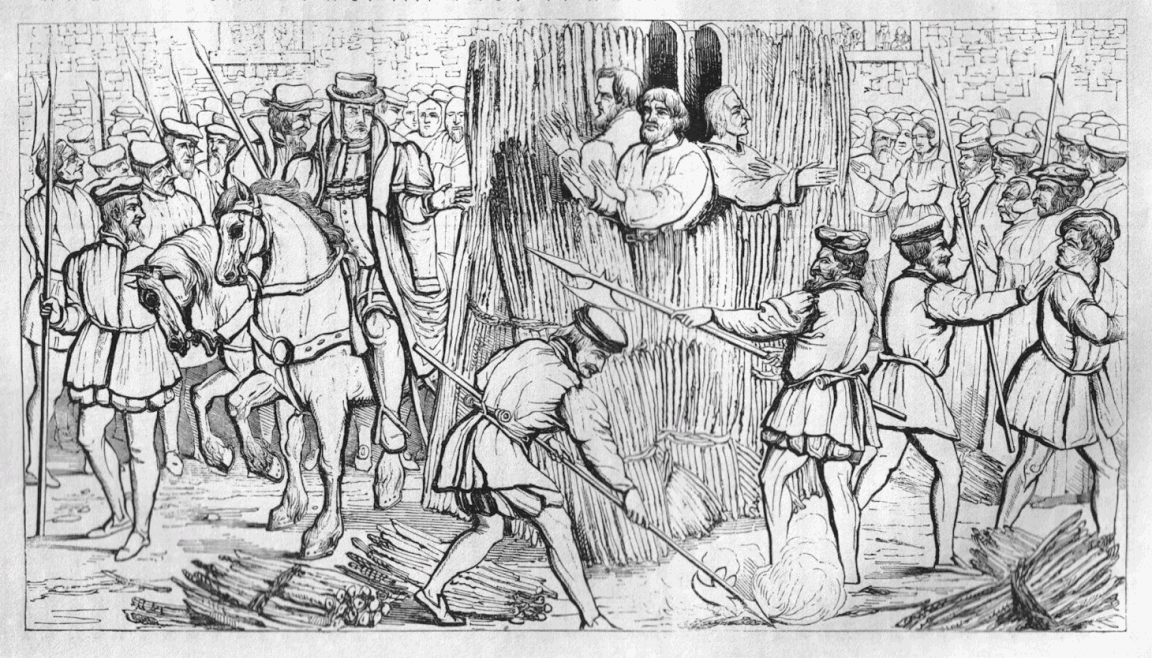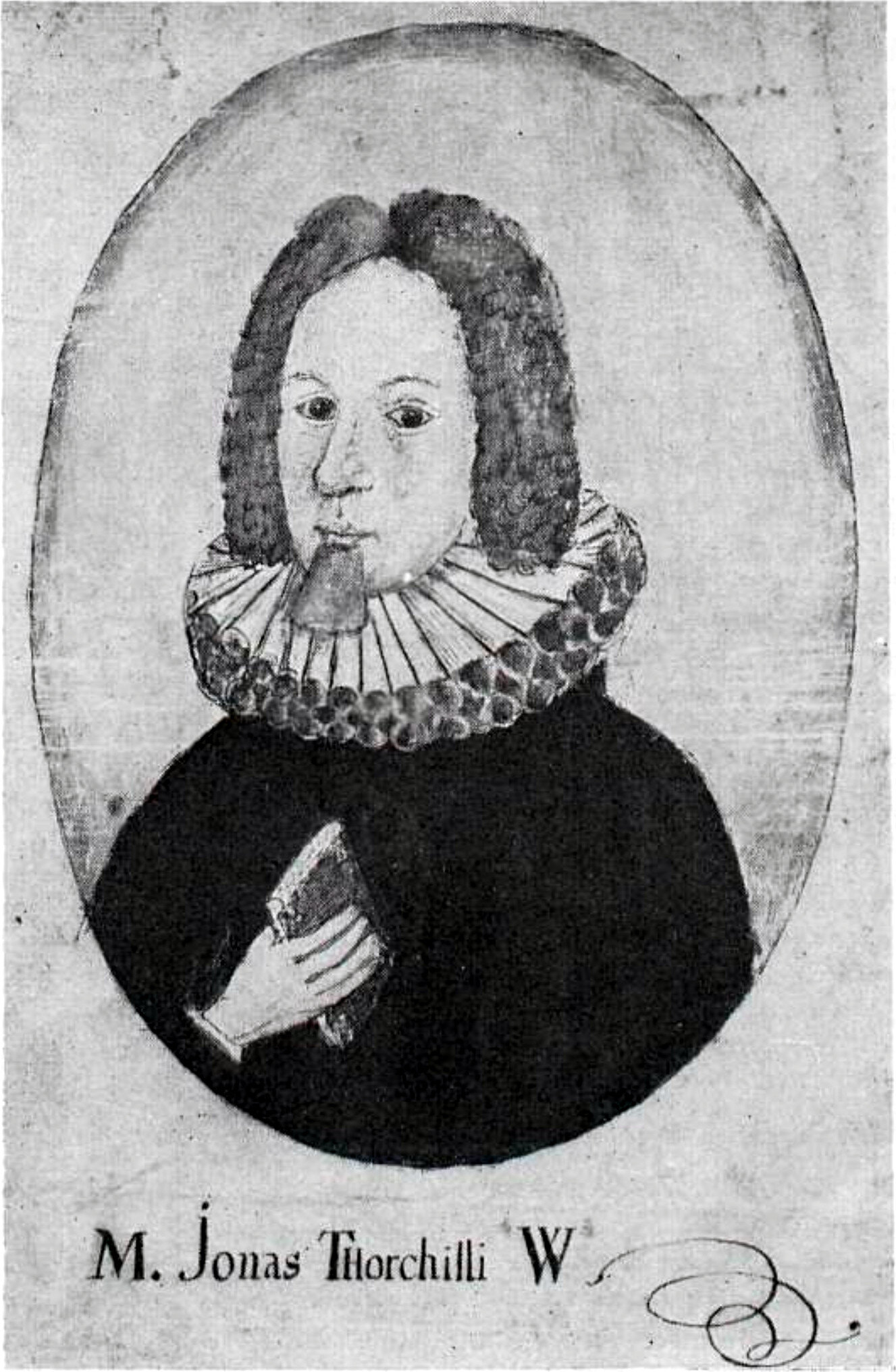It was February of 1526 and Robert Barnes was on trial.
This was not where he expected to be. Before the age of twenty he’d joined a house of Augustinian friars and showed such great promise that he was sent first to Louvain on the continent to earn a Doctorate of Divinity and then, on his return to England, was made prior of the Augustinian friary in Cambridge and earned yet another Doctorate of Divinity. Finding in the famous university town other like-minded humanists, Robert gathered around him an intellectually and spiritually reform-minded community that met for lively debate at the White Horse Inn.
In time, they felt they had to go public with their concerns, and Robert was the obvious choice. On Christmas Eve 1525 he delivered a firebrand sermon, skewering the luxurious lifestyle of the high-ranking clergy. In no time at all accusations of heresy were flying, there’d been a student demonstration, and Robert—with a handful of others—found himself dragged to London and imprisoned.
At the end of his three-day trial before Cardinal Wolsey, Robert was forced to read aloud a recantation in front of the huge crowd, the alternative being death at the stake. He had to kneel before the bishop and beg for absolution, which was denied him until he agreed to whatever penance the bishop chose to impose. He agreed and discovered the next day what it was to be.
At an even bigger and more lavish gathering of clergy, a bishop railed from the pulpit against Robert as well as Martin Luther, made the accused men ask again for forgiveness, and then had them carry the firewood for the ceremonial burning of heretical books. Only then were the offenders absolved, at which point the crowd was granted an indulgence for having witnessed the whole affair, and Robert was sent to Fleet Prison for another six months.
When his time was up, Robert was transferred to the Augustinian friary in London for house arrest. But he evidently had not learned his lesson from the whole sorry debacle. Immediately on arrival he got involved in the sale of Tyndale Bibles—translations of the Scriptures into English—and when rumor circulated that this time Robert really was going to be burned for his troubles, he hatched a plan. He left his clothes at the edge of the Thames with a suicide note appended but actually escaped to Antwerp with the help of German merchants…
Read more








